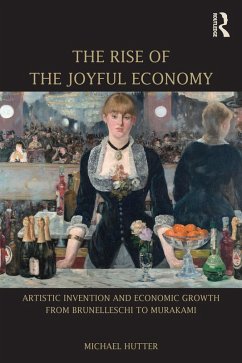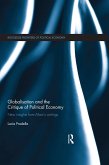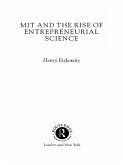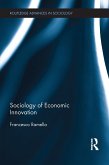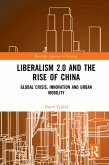This book investigates how artistic ideas are translated into successful commercial production, and how economic growth impacts artistic invention. It examines cases of successful innovation in the creative industries ranging from the Italian Renaissance to the present. The book suggests a framework where social players move in diverse worlds of value, which leads to a stream of controversies and manias that result in the establishment of new joy products. Studies include the effect of linear perspective, as pioneered by Filippo Brunelleschi, the discovery of taste as an argument for consumption, the serial production of Pop Art and the self-commercialization of contemporary works by artists like Takashi Murakami .
This theoretical and empirical study brings together the fields of cultural economics, economic sociology, management studies and cultural history. In doing so, it offers a fascinating study of how creativity has shaped and fuelled commerce.
Dieser Download kann aus rechtlichen Gründen nur mit Rechnungsadresse in A, B, BG, CY, CZ, D, DK, EW, E, FIN, F, GR, HR, H, IRL, I, LT, L, LR, M, NL, PL, P, R, S, SLO, SK ausgeliefert werden.

